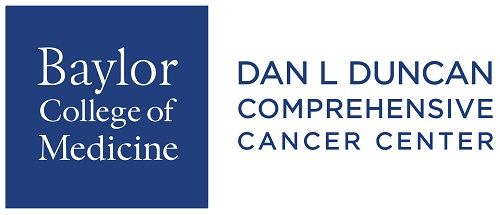
Dr. Armaghany on Frontline Sorafenib Versus Lenvatinib in Unresectable HCC

Tannaz Armaghany, MD, discusses sorafenib versus lenvatinib as first-line therapy for patients with hepatocellular carcinoma.
Tannaz Armaghany, MD, an assistant professor, Internal Medicine, Hematology and Medical Oncology, at Baylor College of Medicine, discusses sorafenib (Nexavar) versus lenvatinib (Lenvima) as first-line therapy for patients with hepatocellular carcinoma (HCC).
Sorafenib is still the first-line standard option for HCC, says Armaghany. However, the phase III REFLECT trial, which compared sorafenib versus lenvatinib, demonstrated that lenvatinib is noninferior but not statistically superior to sorafenib for overall survival (OS), says Armaghany. Results showed that the median OS with lenvatinib was 13.6 months versus 12.3 months with sorafenib (HR, 0.92; 95% CI, 0.79-1.06).
Although sorafenib and lenvatinib can both be used for the first-line treatment of patients with unresectable HCC, there are situations in which it may be more beneficial to use lenvatinib, says Armaghany. For example, if a good response is needed from a patient who is symptomatic, lenvatinib may be the preferred option, due to its favorable response rate of about 40%; sorafenib only has a response rate in the single digits, explains Armaghany.
The other differentiating factor among the agents are their toxicity profiles, adds Armaghany. Hypertension occurs more often with lenvatinib; however, hand—foot syndrome is more common with sorafenib. Additionally, some early data suggest that sorafenib could potentially be more effective in patients with hepatitis C, whereas lenvatinib may have more activity in patients with hepatitis B, concludes Armaghany.




































